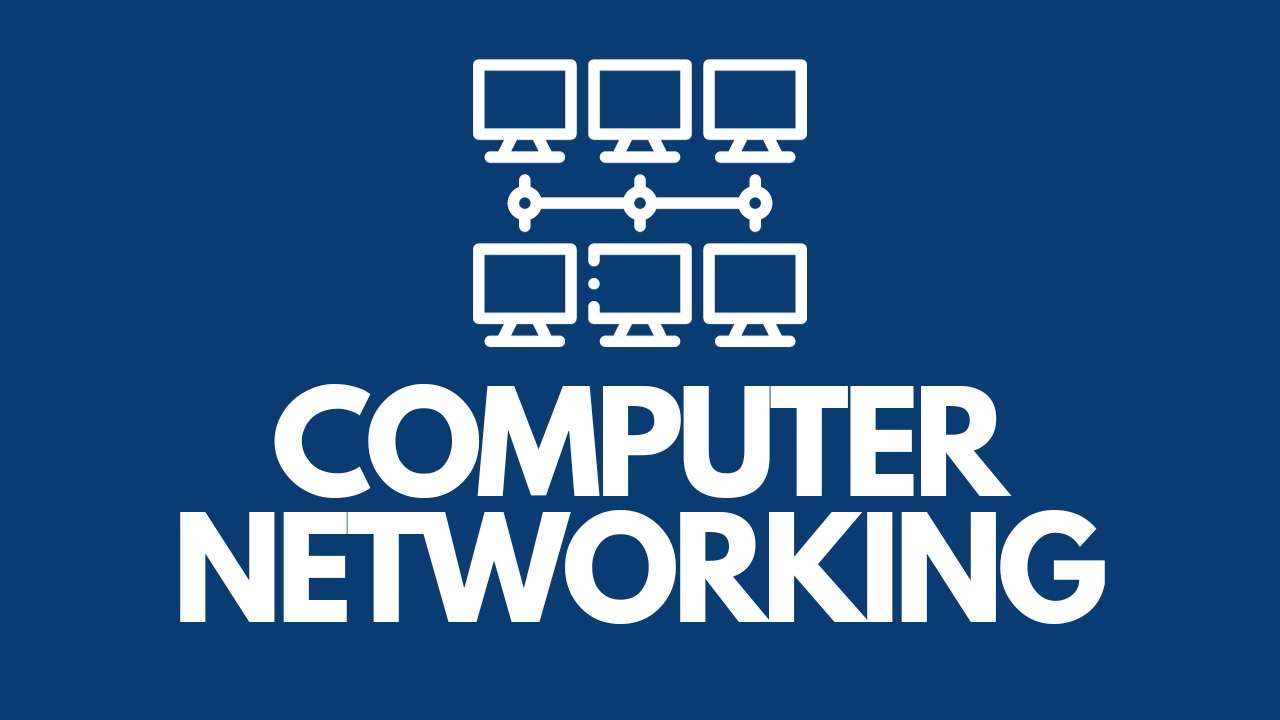Trade info

Course Overview: This networking course provides a comprehensive introduction to computer networks, from basic concepts to advanced networking principles. It covers the architecture, protocols, and technologies that underpin modern networks, with a focus on both theoretical knowledge and practical skills.
Modules:
-
Introduction to Networking:
- Definition and Importance of Networking
- Types of Networks (LAN, WAN, MAN, PAN)
- Network Topologies (Bus, Star, Ring, Mesh)
- Networking Models (OSI, TCP/IP)
-
Network Hardware:
- Network Interface Cards (NICs)
- Hubs, Switches, and Routers
- Wireless Access Points
- Cables and Connectors (Ethernet, Fiber Optic)
-
Network Protocols and Standards:
- OSI Model Layers and Functions
- TCP/IP Protocol Suite
- IP Addressing and Subnetting
- DHCP, DNS, HTTP, FTP, and Other Protocols
-
Routing and Switching:
- Basics of Routing and Switching
- Static and Dynamic Routing (RIP, OSPF, BGP)
- VLANs and Inter-VLAN Routing
- Spanning Tree Protocol (STP)
-
Wireless Networking:
- Wireless Network Standards (802.11 a/b/g/n/ac/ax)
- Wireless Security (WPA, WPA2, WPA3)
- Configuration and Troubleshooting of Wireless Networks
-
Network Security:
- Fundamentals of Network Security
- Firewalls, VPNs, and Intrusion Detection Systems (IDS)
- Security Protocols (IPSec, SSL/TLS)
- Best Practices for Securing Networks
-
Advanced Networking Concepts:
- Quality of Service (QoS)
- Network Virtualization (SDN, NFV)
- Cloud Networking
- IoT Networking
-
Network Management and Troubleshooting:
- Network Monitoring Tools (Wireshark, SNMP)
- Common Network Issues and Resolutions
- Network Performance Optimization
- Documentation and Reporting
-
Practical Applications and Labs:
- Hands-on Lab Exercises
- Network Design Projects
- Real-world Case Studies
Learning Outcomes: By the end of this course, students will be able to:
- Understand and explain fundamental networking concepts and protocols.
- Configure and troubleshoot network hardware and software.
- Design and implement secure and efficient network architectures.
- Apply network management and monitoring tools to maintain network performance.
- Address and resolve common network security issues.
Target Audience:
- IT Professionals seeking to expand their networking knowledge.
- Students pursuing a degree in Computer Science or Information Technology.
- Network Administrators and Engineers looking for advanced training.
- Anyone interested in starting a career in networking.
Prerequisites:
- Basic understanding of computer systems and operating systems.
- Familiarity with basic IT concepts.
Course Duration:
- Approximately 10-12 weeks, with weekly sessions including lectures, hands-on labs, and assessments.
Background Colour
Font Face
Font Size
1
Text Colour
